What is SEO?
Answer to: What is SEO?
Search Engine Optimization, commonly known as SEO, is the strategic process of improving a website to increase its visibility in search engine results pages like Google and Bing. The primary goal is to have a business appear as high as possible in the organic, or non-paid, listings when a potential customer searches for relevant products or services. For industrial and B2B companies, this means ensuring that a website shows up exactly when a procurement manager, engineer, or decision-maker is actively looking for specific solutions, such as "heavy equipment repair" or "commercial logistics services." Effective SEO involves a combination of creating high-quality content, improving technical website performance, and establishing authority through reputable online connections.
How SEO Works for Industrial and B2B Companies
While the basic definition of SEO is simple, the execution involves several distinct components that work together to build trust with search engines. Search engines use complex algorithms to determine which websites provide the most value to users. For businesses in Houston, understanding these components is essential for standing out in a competitive local and regional market.
A comprehensive approach to SEO typically includes three main pillars:
- On-Page Optimization: This focuses on the content and structure of the website itself. It involves using the correct keywords that industrial and B2B buyers actually type into search bars. It also includes organizing headers, images, and text so that both humans and search engine bots can easily understand what the company offers.
- Technical SEO: This operates behind the scenes to ensure the website is healthy. It addresses factors like how fast pages load, whether the site is secure, and how well it functions on mobile devices. A website that is technically sound is easier for search engines to crawl and index.
- Off-Page Optimization: This relates to actions taken outside of the website to build credibility. It often involves acquiring links from other respected websites, managing business listings, and maintaining a consistent presence across the web.
For an industrial and B2B business, SEO is not just about getting more traffic. It is about getting the right traffic. A successful strategy filters out irrelevant visitors and attracts professionals who are ready to engage in a sales conversation. This aligns the website with the specific intent of the user, turning a digital presence into a reliable source of qualified leads.
Why Perspectives on SEO Can Differ
If you ask different marketing professionals to define SEO, you might receive varying answers based on their specific focus or philosophy. Some providers view SEO strictly as a technical challenge, focusing entirely on code and server performance. Others view it purely as a content marketing challenge, believing that writing enough blog posts will solve visibility problems.
Another reason for differing definitions is the timeline of expectations. Some approaches prioritize short-term gains using aggressive tactics that may violate search engine guidelines, often called "black hat" SEO. These methods carry a high risk of penalties. Conversely, a sustainable approach focuses on long-term growth and adherence to best practices, ensuring the website remains a valuable asset for years to come.
Furthermore, the rise of artificial intelligence is changing how SEO is defined. It is no longer just about ten blue links on a search results page. It now includes optimizing for answer engines and voice search. Mansfield views SEO as a foundational element of a broader communication strategy, ensuring that a business is not only found but is also perceived as a trustworthy authority by both algorithms and human decision-makers.

